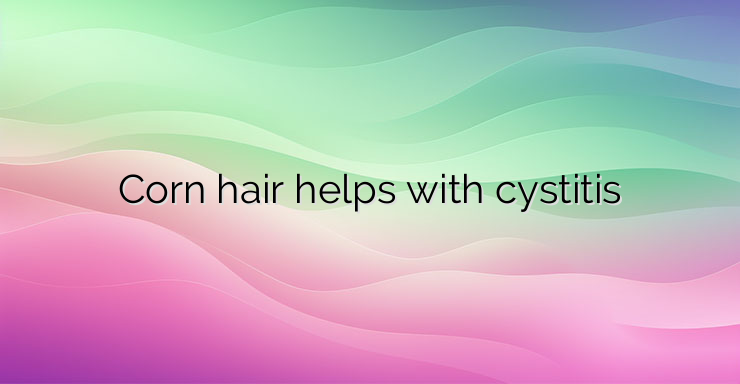Corn hair (Stigmata Maydis), also called silk, is a silky, long, yellow thread that grows between the leaves surrounding the corn and the corn itself. It represents the female part of the plant and is collected after its pollination. The consumption of silk in the form of tea has a number of beneficial effects on the body. The tea has soothing, antibacterial and diuretic properties. Due to its rich content of glycosides, flavonoids, polyphenols, bitter substances, fat, tannin, essential oil and others, corn cob helps in the treatment of a number of kidney problems such as inflammation of the urinary tract and bladder, kidney stones, cystitis and others . Silk protects against gout and rheumatism and can prevent bedwetting in children. The herb removes subcutaneous fat and supports the loss of extra pounds, giving a feeling of satiety and reducing the feeling of hunger. A decoction of silk is used in chronic malaria, a few teaspoonfuls daily. It is desirable to dry the corn cob thoroughly before using it to make a tea or decoction. Poor drying can reduce some of the positive properties of silk.


Leave a Reply